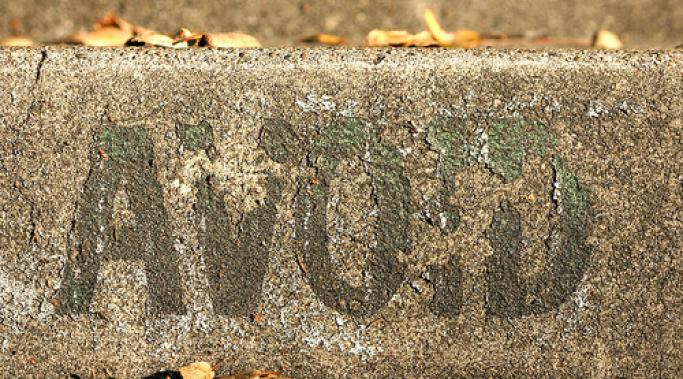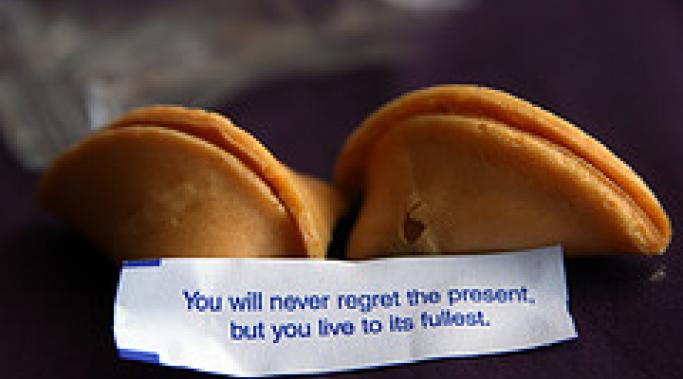Blogs
Sun Tzu endorses engaged avoidance:
According to The Art of War author, "winning without fighting" is a key principle for managing every confrontation. And when it comes to anxiety the hardest battles are with our selves.
I've tried really hard to avoid my anxiety but it's there anyway. No matter what I do, or where I go. Now, of course I still avoid it. But I do so strategically.
I wanted to write a thoughtful, informed piece on parent blame as it pertains to mental illness. So I went to the Internet to research. My first search of the words "parents" and "blame" came back with a staggering number of results. It's obvious parents get the lion's share of blame for the mental health issues of their offspring. The question is--why?
"When she feels one emotion strongly enough, she doesn't know it's possible to feel any other way." That's the mind of a suicidal person. ... Someone once said "Every suicide is a double homicide." After losing a loved one to suicide, the survivors may feel like they died, too.
Alternative treatments for bipolar disorder, and any mental illness, abound. People will advise you to do anything from cut gluten out of your diet, to take an herbal cocktail to cleans your aura. I, myself, have seen a few alternative health care practitioners and tried a few of their treatments. And while I didn't personally find any benefit, and I don't find most of these treatments credible, if you are going to try a bipolar treatment outside of medicine, there is one major rule to follow.
Understanding Dissociative Identity Disorder depends somewhat on your grasp of the terminology, at least initially. Certainly discussing DID is easier if we're all using the same glossary of terms. Following is a list of words and phrases I tend to use when writing about Dissociative Identity Disorder, along with my definitions for each. If you have anything to add, or if my definitions don't quite match up with yours, I hope you'll share in the comments section.
On Christmas day ten years ago, Barb Hildebrand became a widow. Diagnosed with Bipolar Disorder just one month prior, her husband Rob committed suicide. "My entire world changed in ways I could never have imagined," she says of her life after suicide.
I’m not a fan of New Year’s resolutions. I generally find them phony, unreasonable and dead by the second week of January. I feel if you’re ready for change in your life you make change at that moment, not when a ball drop tells you to.
That being said, people insist on making New Year’s resolutions anyway. It’s a psychological and societal time of renewal and a life reset that people choose to mark with promises. So if you’re bipolar, what kind of New Year’s resolutions might be helpful?
After I've done the relaxation thing, settled into the new day, or the new year (yikes! already??), sometimes I'll feel like I'm just left hanging. Wondering, what next in some sort of weird limbo state that's neither here nor there. Not exactly anywhere.
And seriously, what's next? Today. Tomorrow. Next year.
Live in the moment: It’s the only one you have
On New Year's Eve 2009, I was with my husband, David, at a party. I ate without too much fear and had earlier wrote that I was on my way to complete recovery from anorexia nervosa in 2010.
It wasn't meant to be. However, I always try to live my life with hope. I vow that 2011 will be the year I recover. I also believe each one of you can make this the year you recover from your eating disorder.
Angela E. Gambrel Lackey, author of Surviving ED blog, talks about her struggles with Anorexia Nervosa during 2010 and offers advice about how recovery from eating disorders comes from learning to love oneself and wanting recovery for you.






